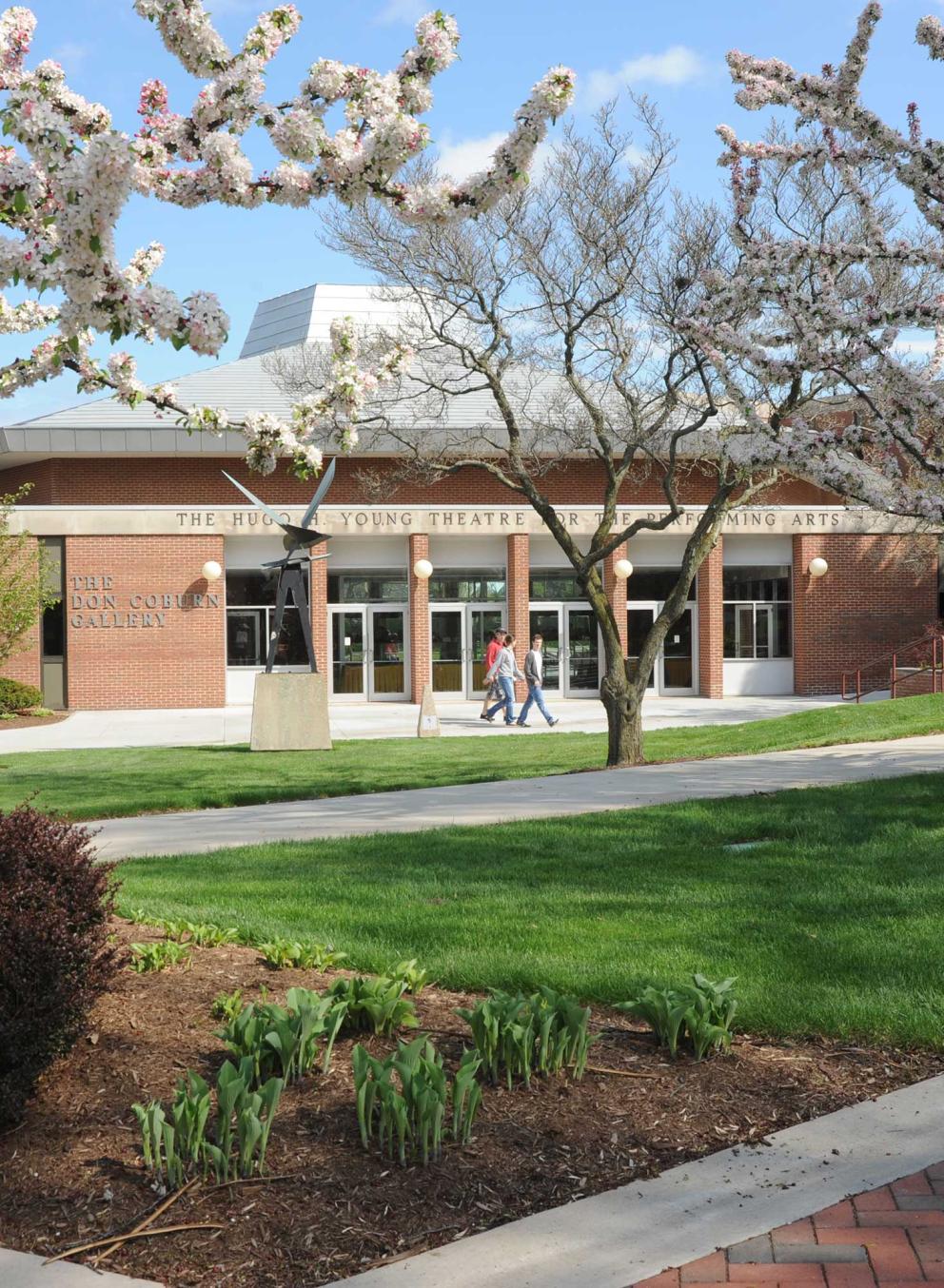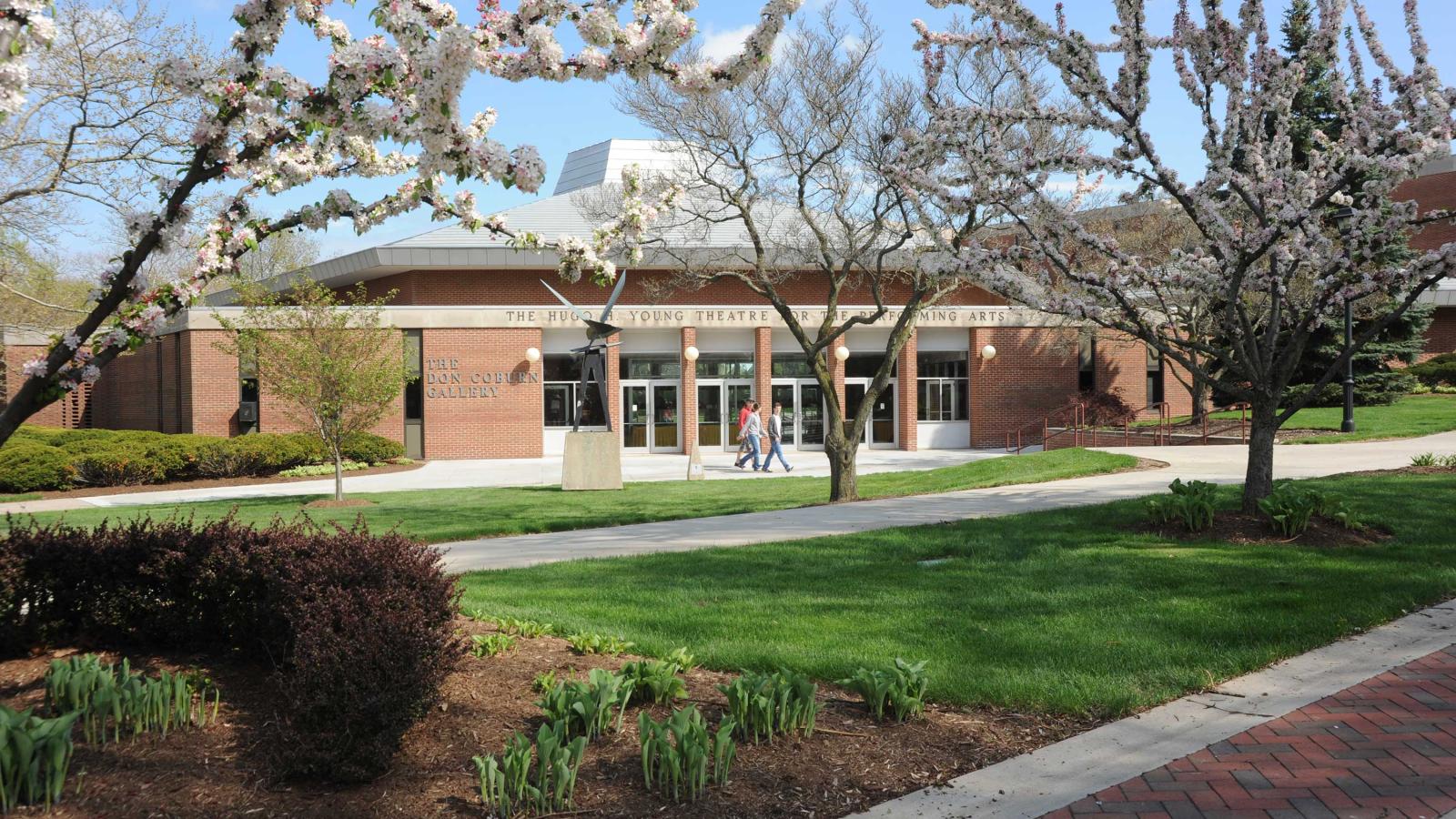Find your program
186 Programs match your selection
| Program | College | Degree | Delivery Format |
|---|---|---|---|
| Accelerated BSN (Second Degree) - Bachelor's | College of Nursing & Health Sciences | BSN | In person |
| Accounting - Bachelor's | College of Business & Economics | B.S.B.A. | In person |
| Accounting - Certificate | College of Business & Economics | Certificate | Online |
| Accounting - Minor | College of Business & Economics | Minor | In person |
| Actuarial Science - Bachelor's | College of Arts & Sciences | B.S. | In person |
| Actuarial Science - Certificate | College of Arts & Sciences | Certificate | In person |
| Addictions Studies - Minor | College of Arts & Sciences | Minor | Online |
| Adult Education - Master's | College of Education | M.Ed. | Online |
| Advanced Entry BSN - Bachelor's | College of Nursing & Health Sciences | BSN | In person |
| American History and Government - Master's | College of Arts & Sciences | M.A. | In person, Online |
| Applied Music - Minor | College of Arts & Sciences | Minor | In person |
| Art - Associate | College of Arts & Sciences | A.A. | In person |
| Art Education, Multi-Age (PreK-12) - Bachelor's | College of Arts & Sciences | B.S.Ed. | In person |
| Art History - Minor | College of Arts & Sciences | Minor | In person |
| Ashland Theological Seminary - Graduate | Ashland Theological Seminary | Certificate, D.Min., M.A., M.Div. | In person, Online |

